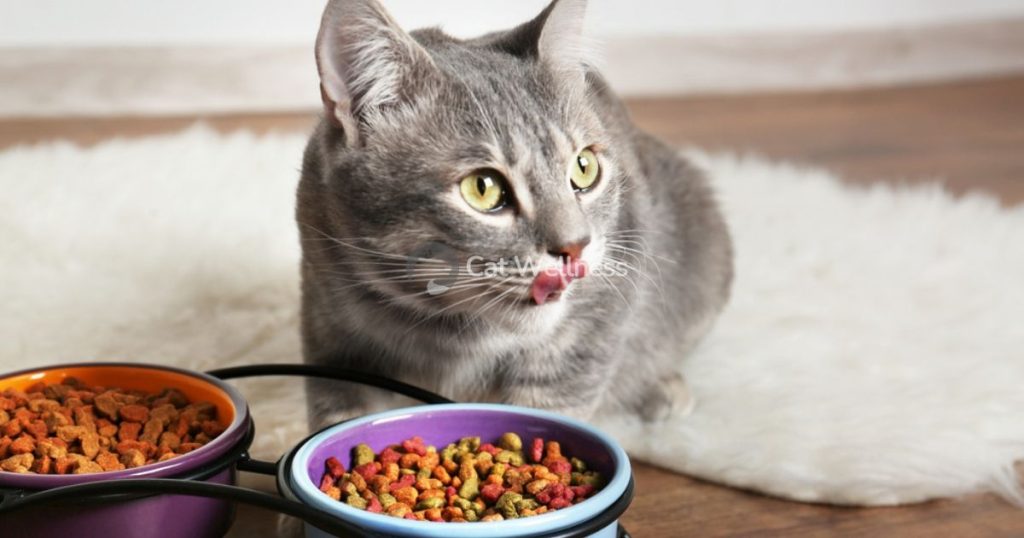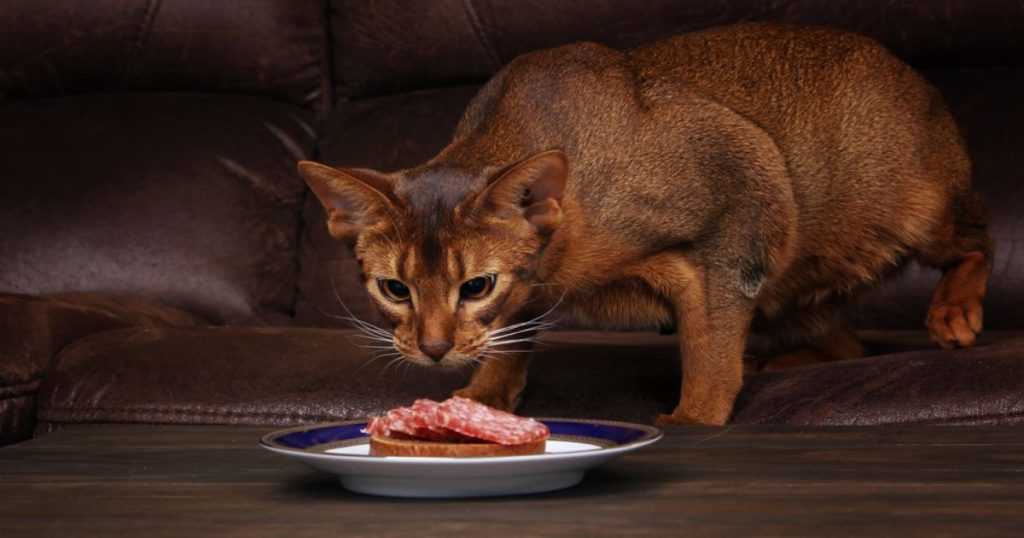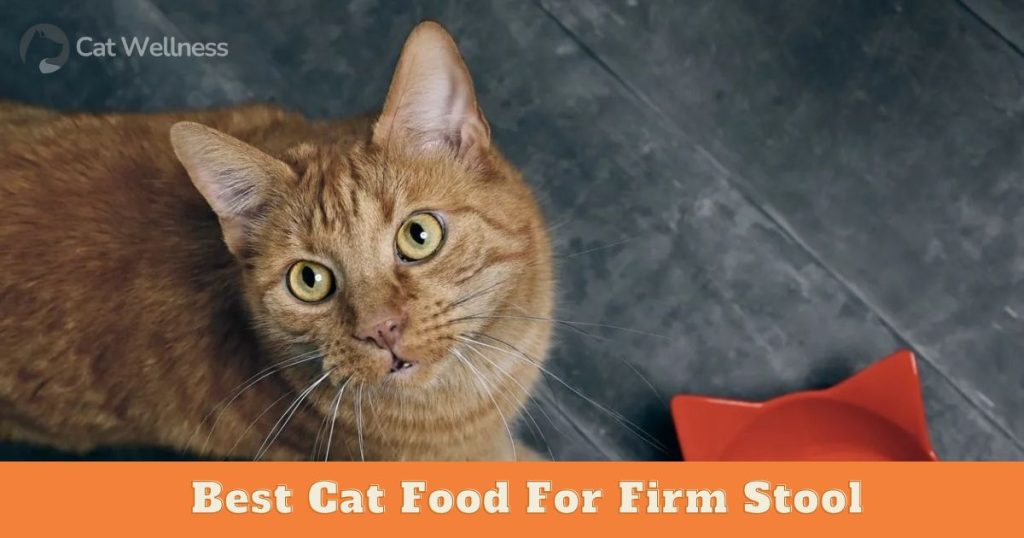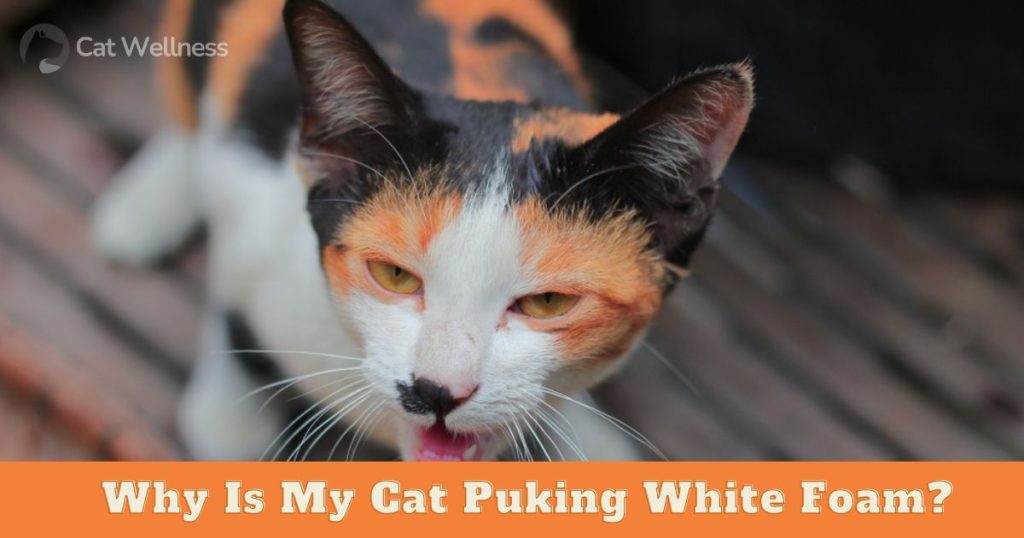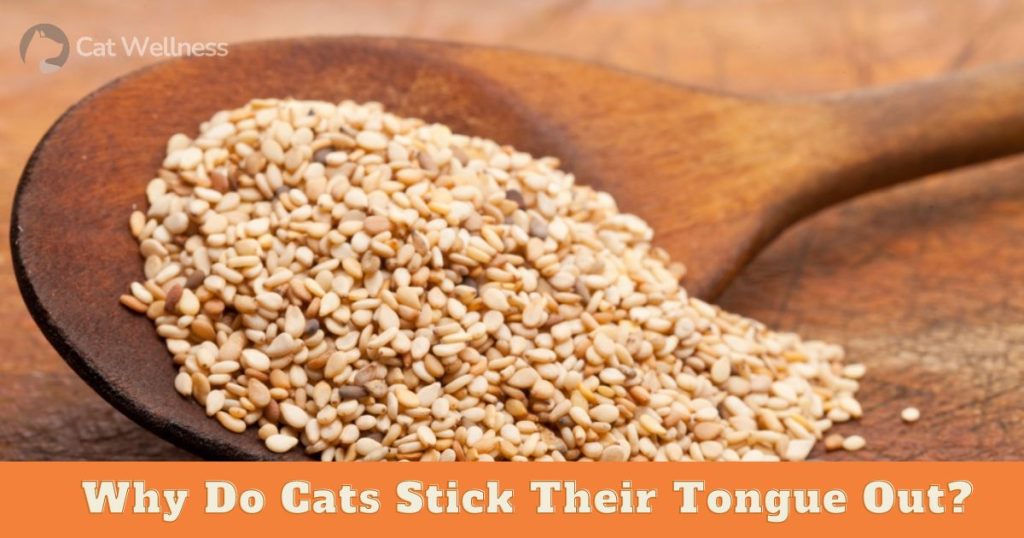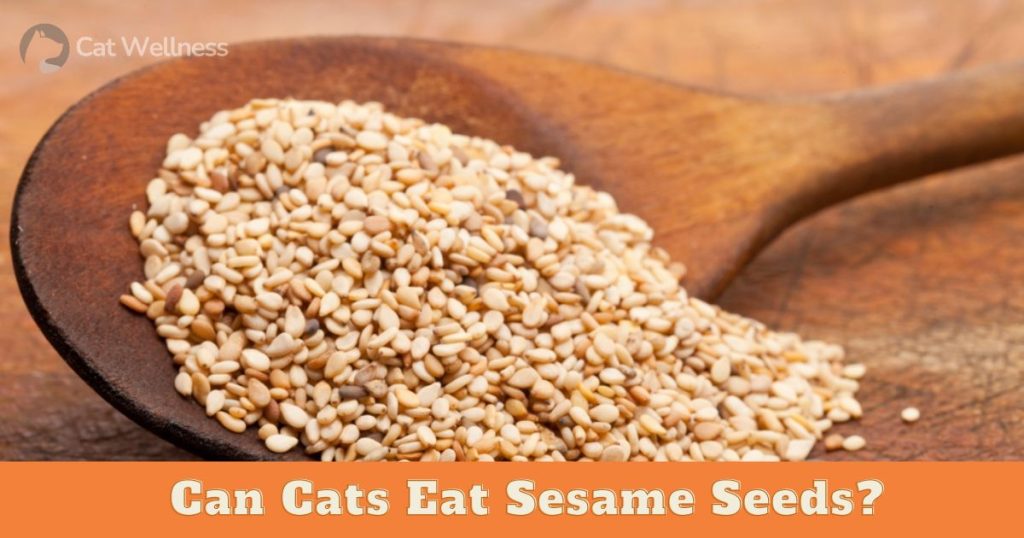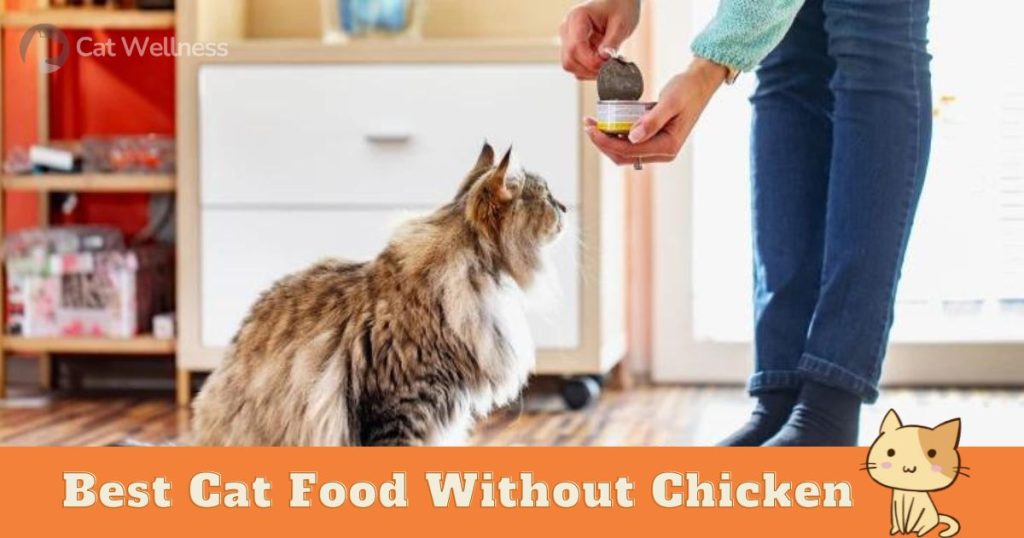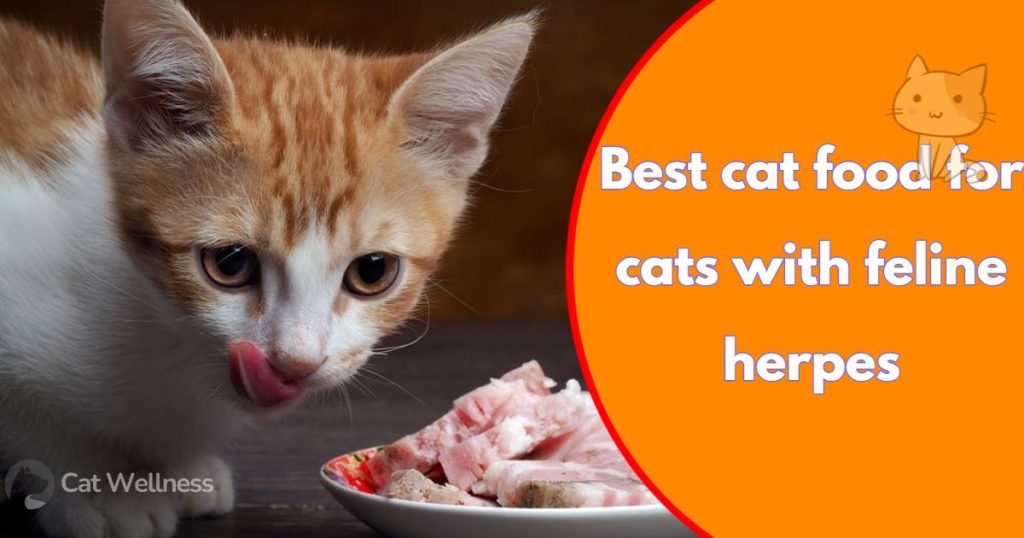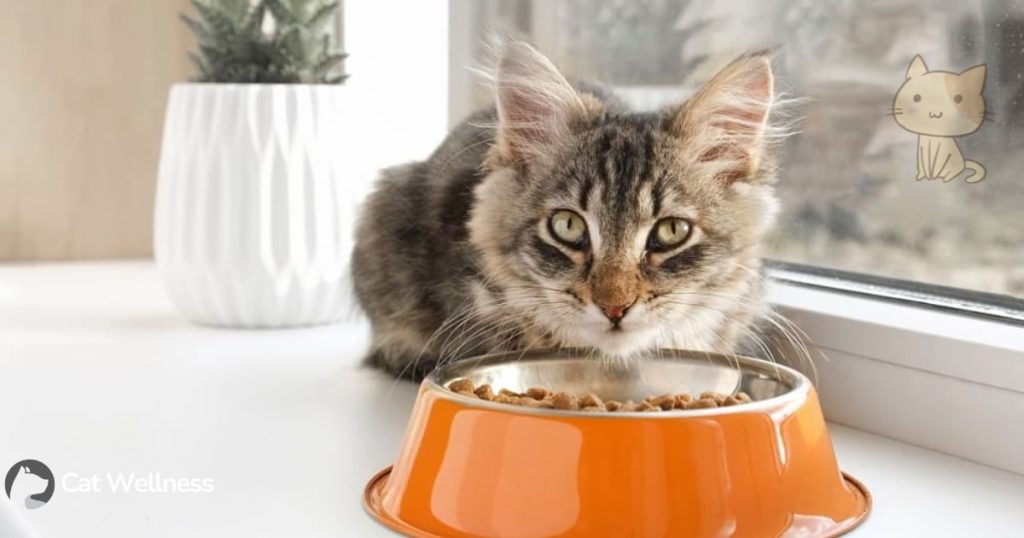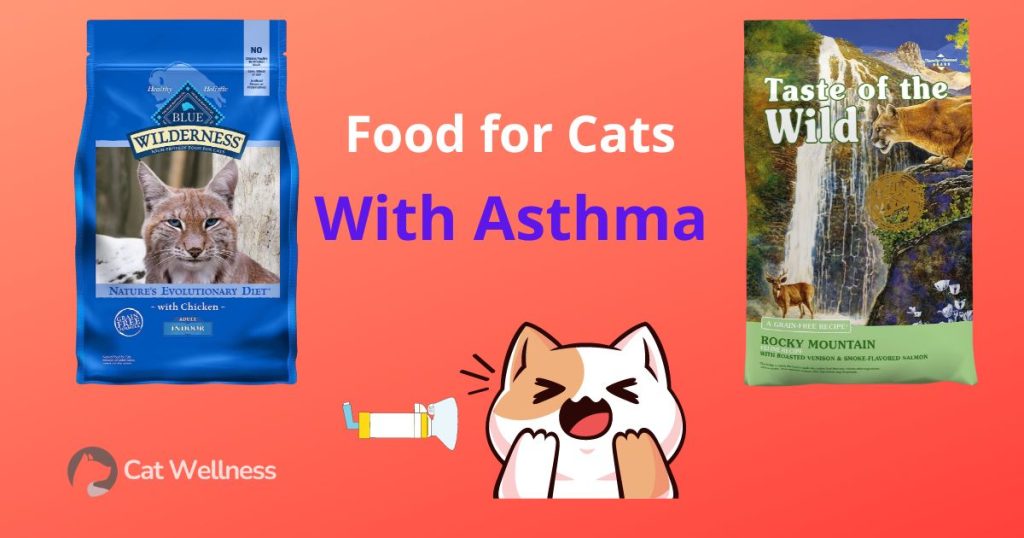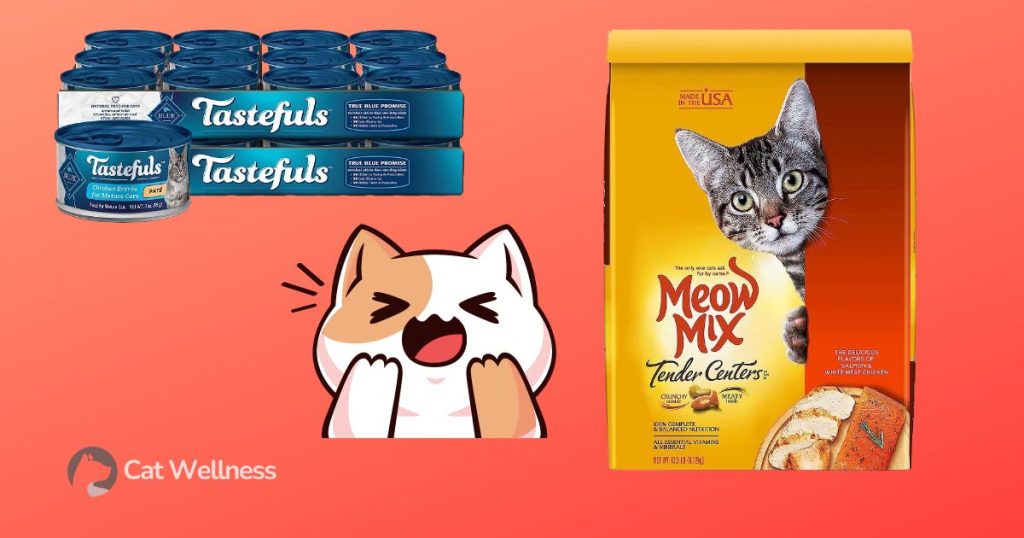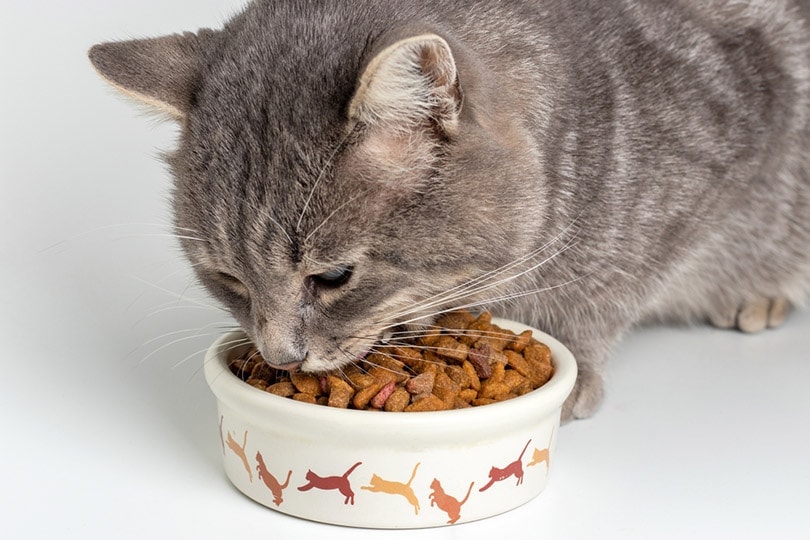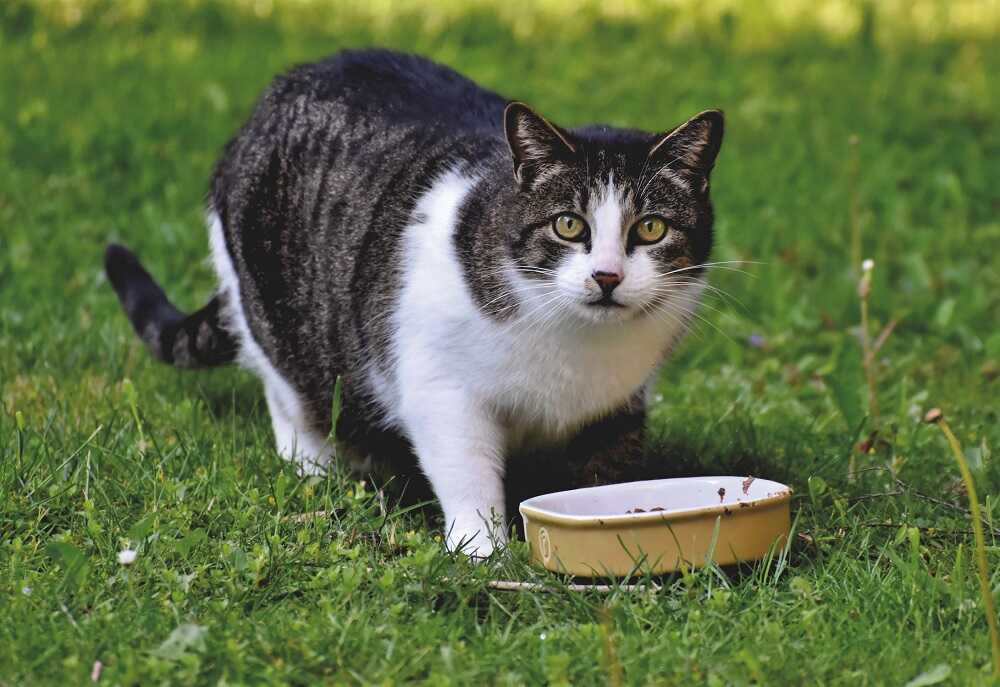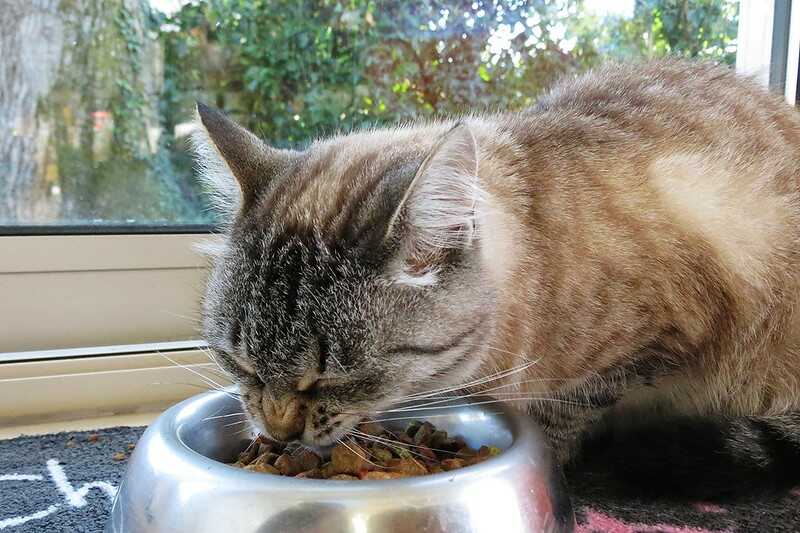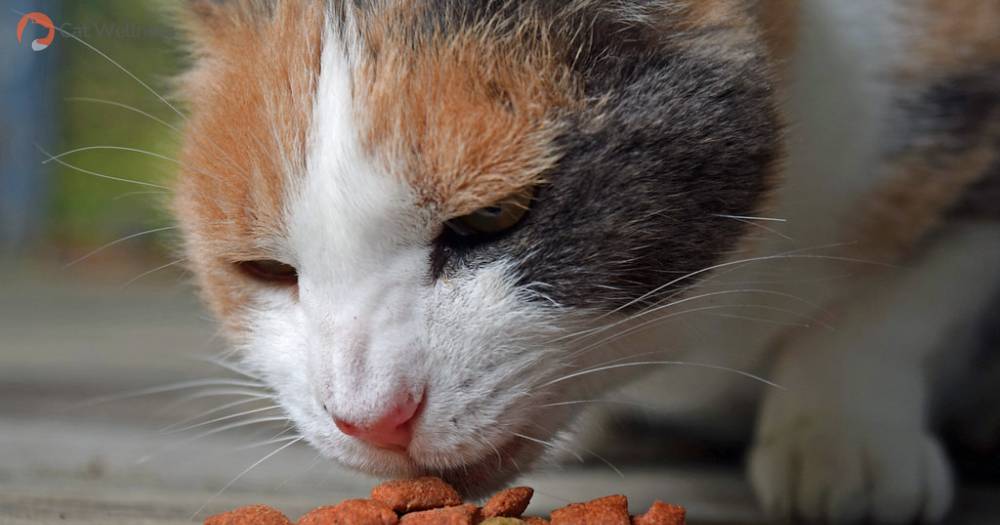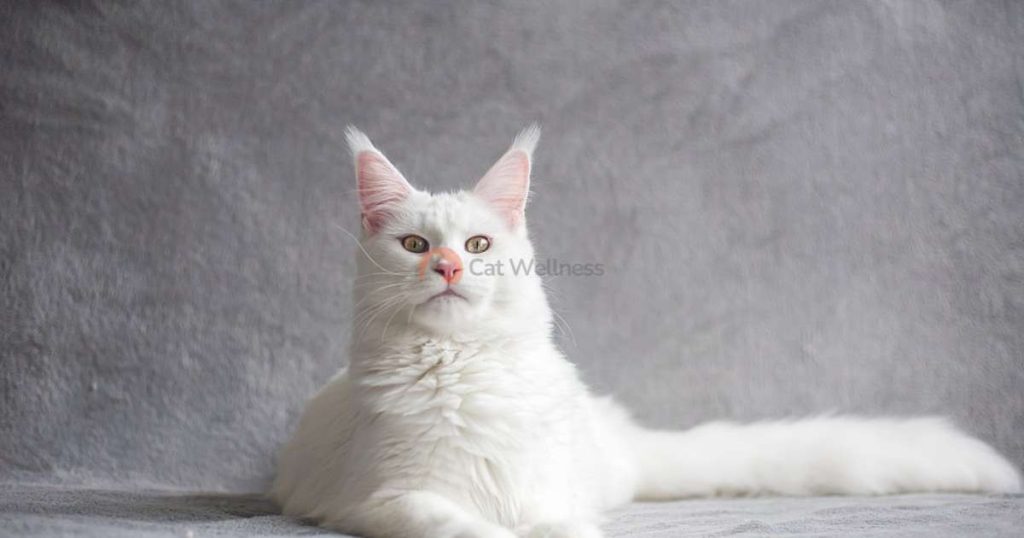For many years, there have been pictures and videos showing cats enjoying milk. Consequently, this practice continues, and many cat owners believe it’s okay to give their feline companions milk. However, can cats consume chocolate milk?
The reality is that milk is not suitable for cats. Most adult cats cannot digest lactose properly, and veterinarians concur that cats should not be given any flavoured milk, including chocolate milk.
Let’s keep reading for details!
Can Cats Have Chocolate Milk?
The short answer is no! Chocolate, particularly cocoa, is harmful to cats. While chocolate milk contains cocoa, it is mixed with sugar and milk, usually making up around 1% of the mixture.
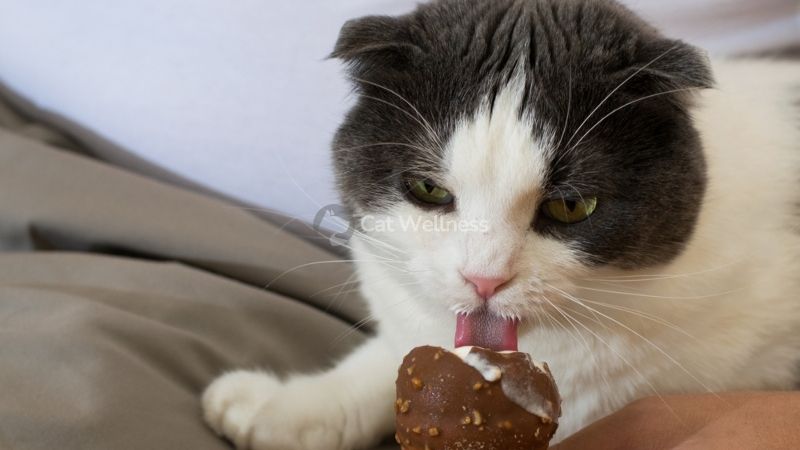
Consequently, a substantial amount would be needed for your cat to become seriously ill. However, baking chocolate and dark chocolate poses a greater risk to your feline companion.
Diluted chocolate is not as hazardous as other varieties of chocolate. Nevertheless, it’s important to emphasise that giving your cat chocolate milk is not advisable. If your cat accidentally consumes chocolate milk, the primary concern is not chocolate toxicity but potential gastrointestinal problems due to the lactose and added sugars. It’s essential to monitor your cat closely and, for safety, consult a veterinarian.
Exploring the Drawbacks of Giving Chocolate Milk to Your Cat
Feeding your cat chocolate milk comes with several drawbacks, primarily related to their lactose intolerance. Most cats lose the ability to digest lactose effectively after weaning, as their bodies stop producing the necessary enzymes. This evolutionary adaptation suggests cats weren’t designed to consume milk into adulthood.
Digestive Issues Caused by Cow Milk
In many cases, offering cow milk to your cat can lead to digestive problems. Some felines may experience upset stomachs and vomiting after consuming even a moderate amount of milk. Cats vary in their sensitivity, with some tolerating it better than others.
High Fat Content in Milk
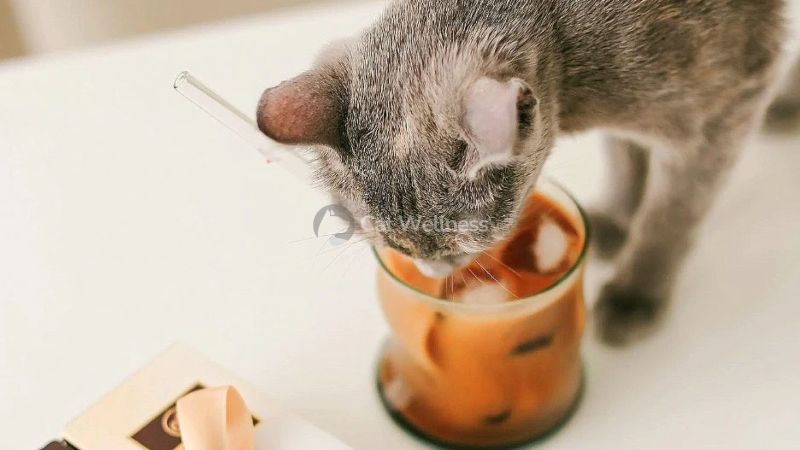
Milk, including chocolate milk, is relatively high in fat. While fat is a necessary component of a cat’s diet, excessive intake can lead to weight gain. Ideally, a cat’s primary nutrition should consist of high-quality animal proteins, and excessive fat can contribute to obesity.
The Problem of Added Sugar in Chocolate Milk
Chocolate milk contains more ingredients than plain milk, with sugar being a major concern. Sugar, while not harmful to humans in small quantities, can be significantly detrimental to cats due to their small size. Cats did not evolve to consume high amounts of carbohydrates, including sugar, and they are not naturally drawn to milk for its sugar content.
Cats Crave Fat, Not Sugar
Contrary to the misconception that cats desire milk for its sugar, they are more inclined to seek the fat content in milk. Consequently, the additional sugar found in chocolate milk is neither necessary nor desired by cats.
The Advantages of Offering Chocolate Milk to Cats
Feeding chocolate milk to cats does not come with any advantages. It contains several hazardous components, such as cocoa, lactose, and excess sugar. While milk does have calcium, there are superior alternatives for felines to obtain this essential nutrient rather than indulging in chocolate milk. In general, cat food supplies all the necessary nutrients for your cat’s well-being.
If your veterinarian indicates that your cat requires extra calcium, there are numerous safe supplements and alternatives designed for cats. In their natural habitat, cats obtain the appropriate calcium levels from consuming bones, organ tissues, and meat from their prey. In domestic settings, they usually acquire sufficient calcium from their balanced and complete diet.
On occasion, specific health issues or situations like pregnancy and lactation might necessitate a higher calcium intake for the cat, leading to the requirement for supplements. In such cases, your veterinarian will suggest a suitable calcium supplement, with regular milk generally excluded from the recommendations.
Alternative Methods for Adding Calcium to Your Cat’s Diet
Just as people are encouraged to consume milk for its calcium content, this essential mineral is also crucial for cats, and they must obtain it from their food.
The parathyroid hormone meticulously regulates the body’s calcium and phosphorus levels. However, there are alternative, excellent sources of calcium that can benefit your cat. These sources include a complete commercial diet formulated by AAFCO guidelines and enriched with animal protein.
Healthy cats typically do not require extra calcium, and supplementing may have negative consequences. Therefore, it is advisable to consult with your veterinarian before introducing any dietary supplements to your cat.
Alternatives to Milk for Cats
No matter what your cat’s diet consists of, ensuring they have access to fresh water is crucial to prevent the potential negative consequences of dehydration in cats. Before considering any milk as an addition to your cat’s diet, it is advisable to consult with your veterinarian, especially concerning plant-based milk alternatives.
Almond Milk
Almond milk, commonly used as a substitute for cow’s milk by lactose-intolerant individuals, is often considered a suitable option for cats. However, it’s important to remember that cats are obligate carnivores, meaning their natural diet does not include nuts, and they might not find almonds appealing.
While almond milk is lactose-free and high in protein, it may not be a favourite choice for your feline companion. Whether your cat likes it or not, almond milk should not become a regular component of their diet and should be offered sparingly.
Rice Milk
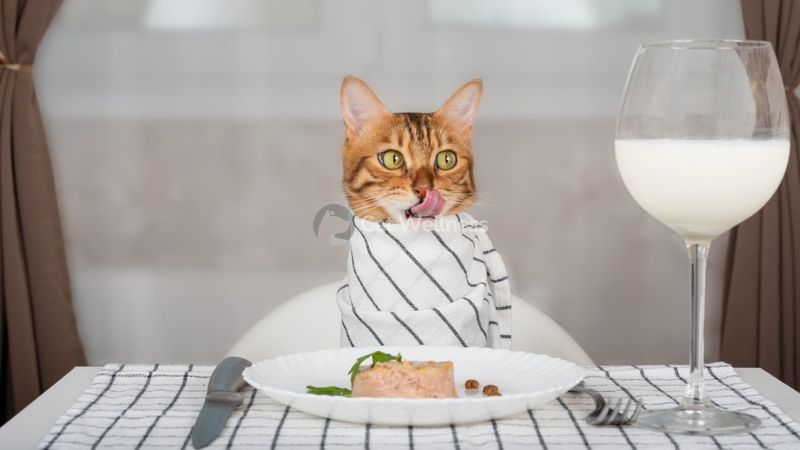
Rice milk is another plant-based alternative favoured by humans. It is naturally sweet, derived from brown rice, which contains a substantial amount of natural sugar. However, cats cannot taste sweetness, making the high sugar content in rice milk irrelevant to them. In essence, feeding your cat rice milk might give them unnecessary calories. Due to its high caloric and sugar content, rice milk should only be given to your cat occasionally and in moderation, if at all.
Coconut Milk
Coconut milk is another lactose-free alternative, but it is notably high in fat content. Therefore, it is advisable to avoid it entirely or reserve it as an occasional special treat for your cat. Regular consumption of coconut milk may lead to excessive fat intake, which is not ideal for your feline companion’s health.
Cat Milk
Several brands offer a product known as cat milk, which is essentially lactose-reduced milk designed specifically for cats. Despite the reduction in lactose, cat milk still contains a small amount, so cats with extreme lactose sensitivity may experience gastrointestinal discomfort even with this product.
It’s worth noting that cat milk is also relatively high in calories. As a result, it should be given in moderation, but it can serve as a supplement to the diet of a malnourished or underweight cat, as well as for feeding orphaned kittens.
Conclusion
In short, Can cats have chocolate milk? It’s generally advised against giving chocolate milk to cats, as it lacks nutritional value and contains potentially harmful components. Chocolate milk includes chocolate, lactose, and high sugar levels, all of which are unsuitable for cats. We strongly discourage offering chocolate milk to your cat under any circumstances.
Even when diluted, the presence of cocoa in chocolate milk is concerning because it can be toxic to cats. If your cat requires extra hydration, there are safer alternatives to consider.
Recommended Reading




